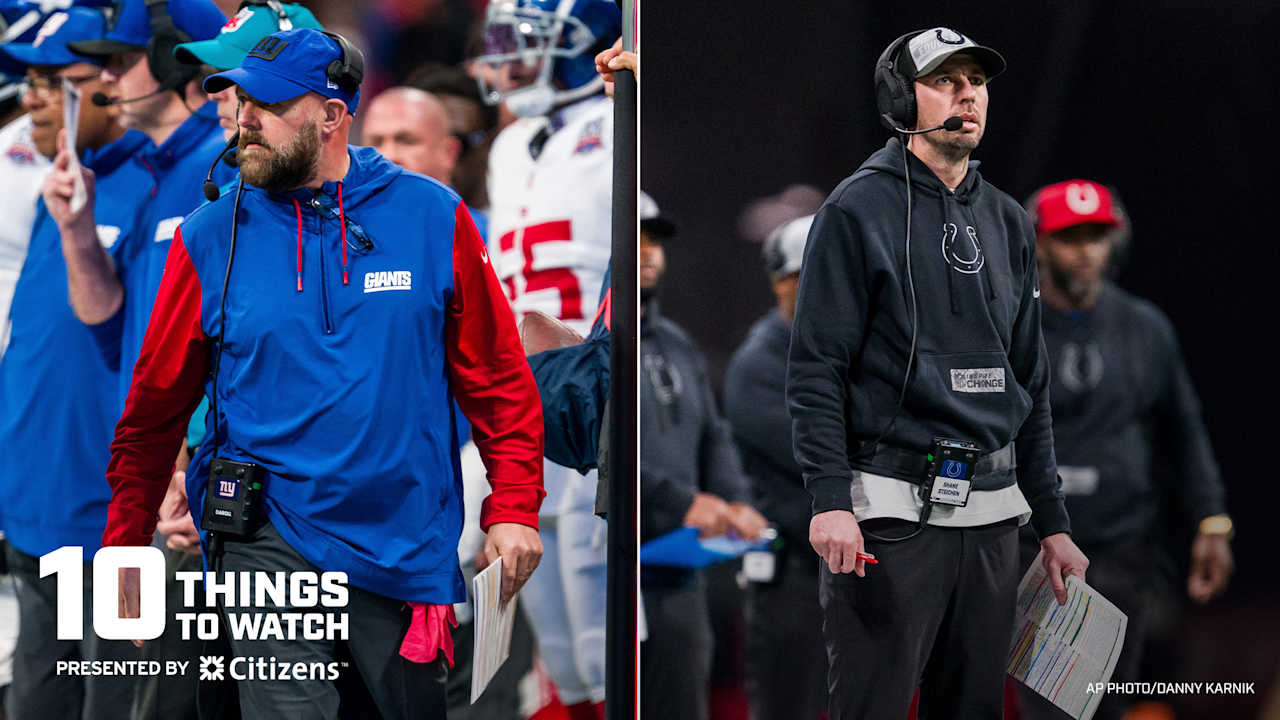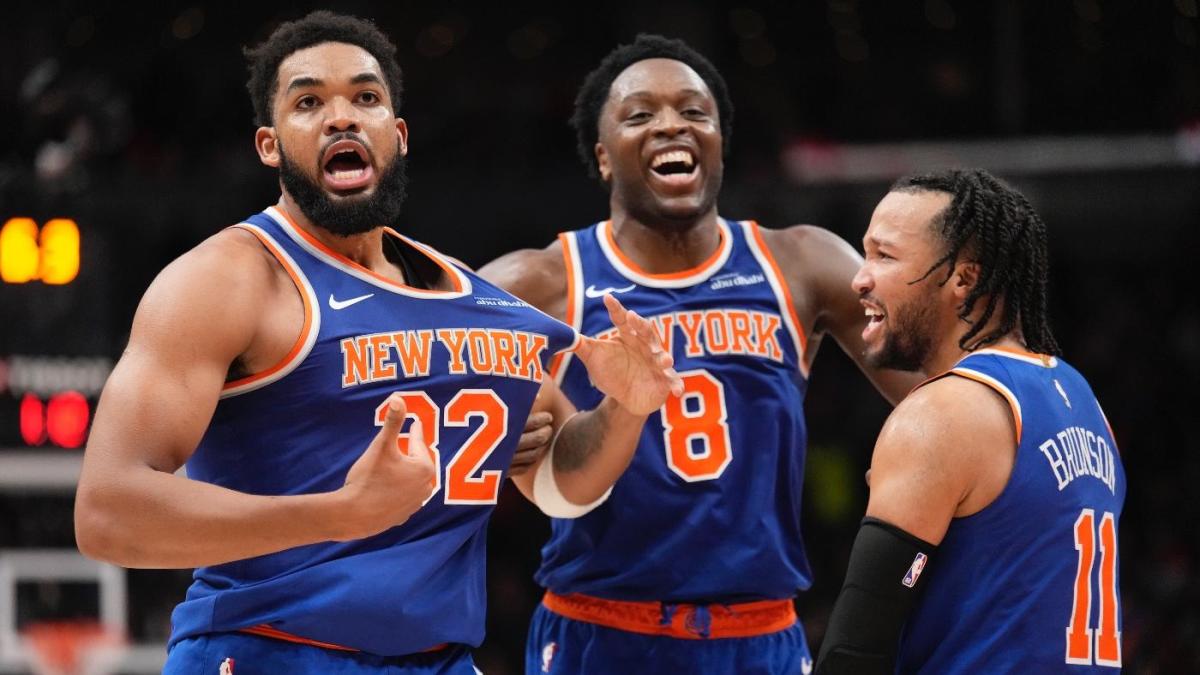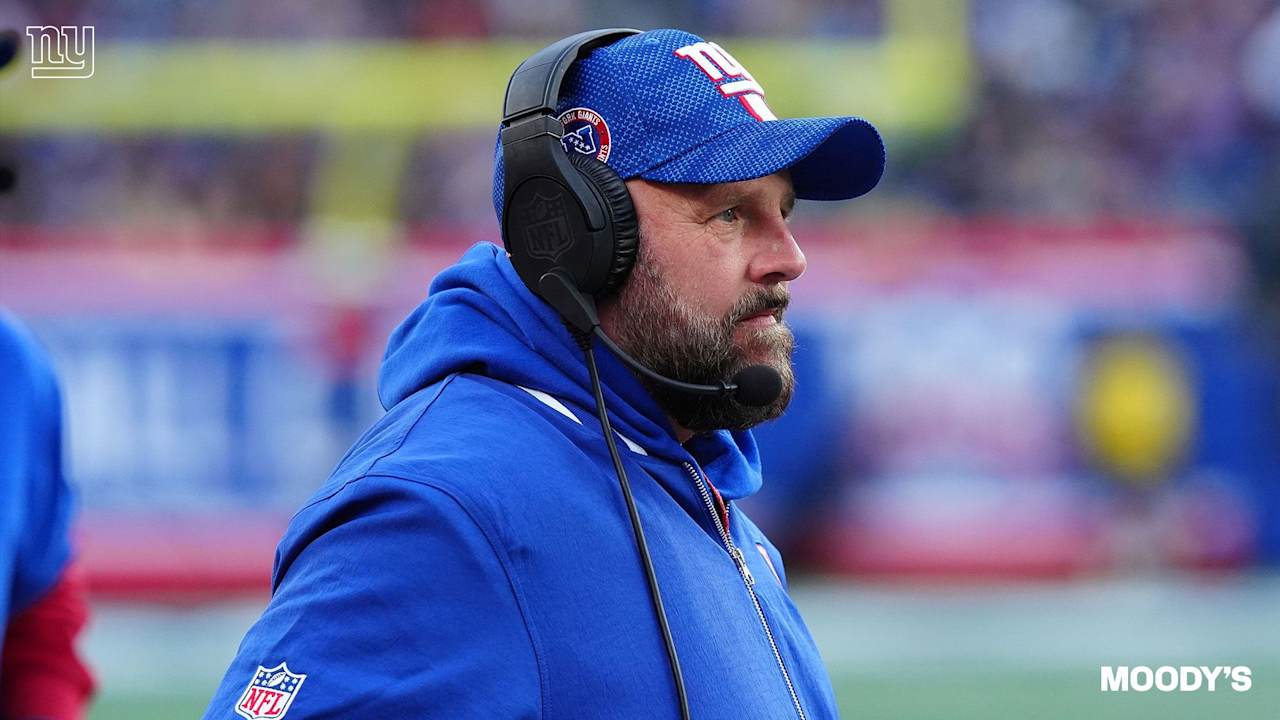Gambling
The Ins and Outs of Gambling in New York

Over the last decade, gambling across the United States has changed significantly. The introduction of legal sports betting in 2018 is considered by many as the most significant catalyst behind these changes, with many individual states opting to allow the pastime.
Following sports betting, online casino games have followed, with more states legalizing them and many others considering the option. This has led to a varied landscape in which what may be allowed in one region is not permitted in another.
To help navigate this conundrum of regulations that change across states, we’ve compiled a handy guide for anyone visiting New York. We’ll look at what gambling is (and isn’t) allowed in the state, what laws regulate gambling in the region, and even what tax you may be charged should you be a lucky winner.
Gambling Laws in New York
Gambling laws have regulated the activity in New York state for generations. These laws, primarily the New York State Constitution, prohibited gambling in a casino and only made provisions for things like the lottery.
With gambling gaining popularity in the late 1900s, Article I, Section 9 of the constitution was amended numerous times, each time making allowance for more gambling. However, each of these amendments did little to change the gambling landscape, with the first real change occurring in 1993 when the Oneida Indian Nation of New York opened the first tribal casino in the state.
In 1998, the Indian Gaming Regulatory Act was signed into federal law and introduced new regulations for tribal casinos in the state. The act specified parameters within which tribal casinos should operate but did little to change things as more tribal locations began to open.
No significant changes to the law were recorded between 1998 and 2013. However, the signing of the Upstate New York Gaming Economic Development Act quickly changed this. The act, which authorized the opening of seven commercial casinos across the state, created new excitement in the industry and is currently seen as the primary regulation surrounding gambling in New York.
Alongside the signing of this act, the New York State Gaming Commission was founded. This regulatory body has since been responsible for overseeing all gambling within the state, including managing the legalization of sports betting in 2019, running the lottery, and issuing operator licenses to casinos.
Ways to Gamble in New York
As indicated through the laws above, there are various ways to gamble in New York. Some have been allowed for decades, while others are still in their infancy.
Lottery
The New York Lottery began in 1967 as a source of funding to aid education in the state. It was legalized in the region through an amendment to the constitution and has grown to host multiple draw games (including the US Powerball and Mega Millions) alongside various scratchers.
Horse Racing
Since 1975, New Yorkers have been legally allowed to go to the racetrack and place wagers on their favorite horses. This pastime has led to the establishment of multiple famous racetracks across the state, including Belmont Park and Aqueduct Racetrack.
Aside from bets placed at the racetrack, horse race wagers are legally allowed to be placed online in the state. The condition is that bets must be placed using a licensed advance deposit wagering (ADW) platform or vendor.
Physical and Tribal Casinos
As mentioned earlier, tribal casinos have existed in New York since the early 1990s. Currently, the state is home to 16 tribal casinos that work under compacts signed with the government. By contrast, only four commercial casinos have been established since they were legalized in 2013. However, the state also has two racinos (casinos located at horse raceways).
Sports Betting
Sports betting became popular in New York after the repeal of the Professional and Amateur Sports Protection Act (PASPA) and its official legalization in 2019. The New York State Gaming Commission regulates the ability to place bets on match outcomes, which can only be done at licensed locations.
Meanwhile, online sports betting was legalized in 2022 to make it more accessible. Numerous operators have since entered the market, each of who must incorporate geolocation tracking to ensure that bets are only placed within the state’s borders.
Charity Gambling
The final form of legal gambling with the state is games, such as bingo and raffles, conducted as fundraisers for charity. Any charity gambling activity must apply for a license from the state before commencing.
Online Casinos
Despite the success of online sports betting becoming apparent in 2022, online casinos and online poker are still illegal within the state. Although much discussion has occurred surrounding the legalization of these forms of gambling, nothing has yet been made concrete to allow operators to enter the market. As such, gambling on any of the sites found through bonusfinder.com is still prohibited for New York players.
Although certain offshore operators accept players from New York state, it is strongly recommended that gamblers avoid these operators until such activities are legalized.
Gambling Taxes in New York
All gambling taxes in New York are subject to federal and state tax depending on the amount won. The lowest taxes are commonly those levied on winnings gained through bets on horse racing. These are calculated only on winnings larger than $600, which is 24% federal tax and up to 8.82% state tax. The state tax is only this high on decent-sized winnings but can be as low as 4%.
Casino winnings also offer various state taxes that could be up to 8.82% but also attract a standard 24% federal tax if winnings are higher than $1,200 on slots, $1,500 from keno, or $5,000 from poker.
Lottery winnings and those gained through sports betting carry the same tax rates with differing thresholds. Each requires a 24% federal tax and 8.82% state tax. For lotteries, these taxes apply to wins over $5,000, while for sports betting, they apply to wins over $600.










